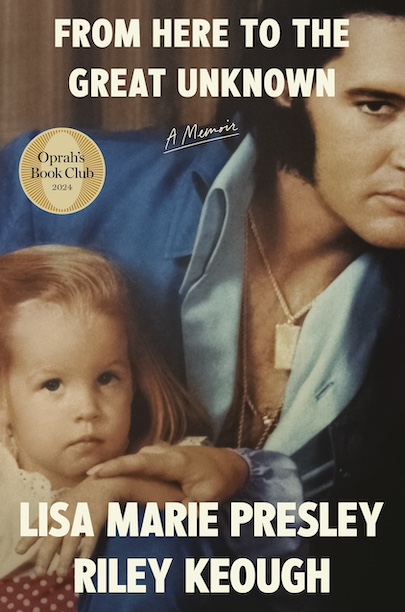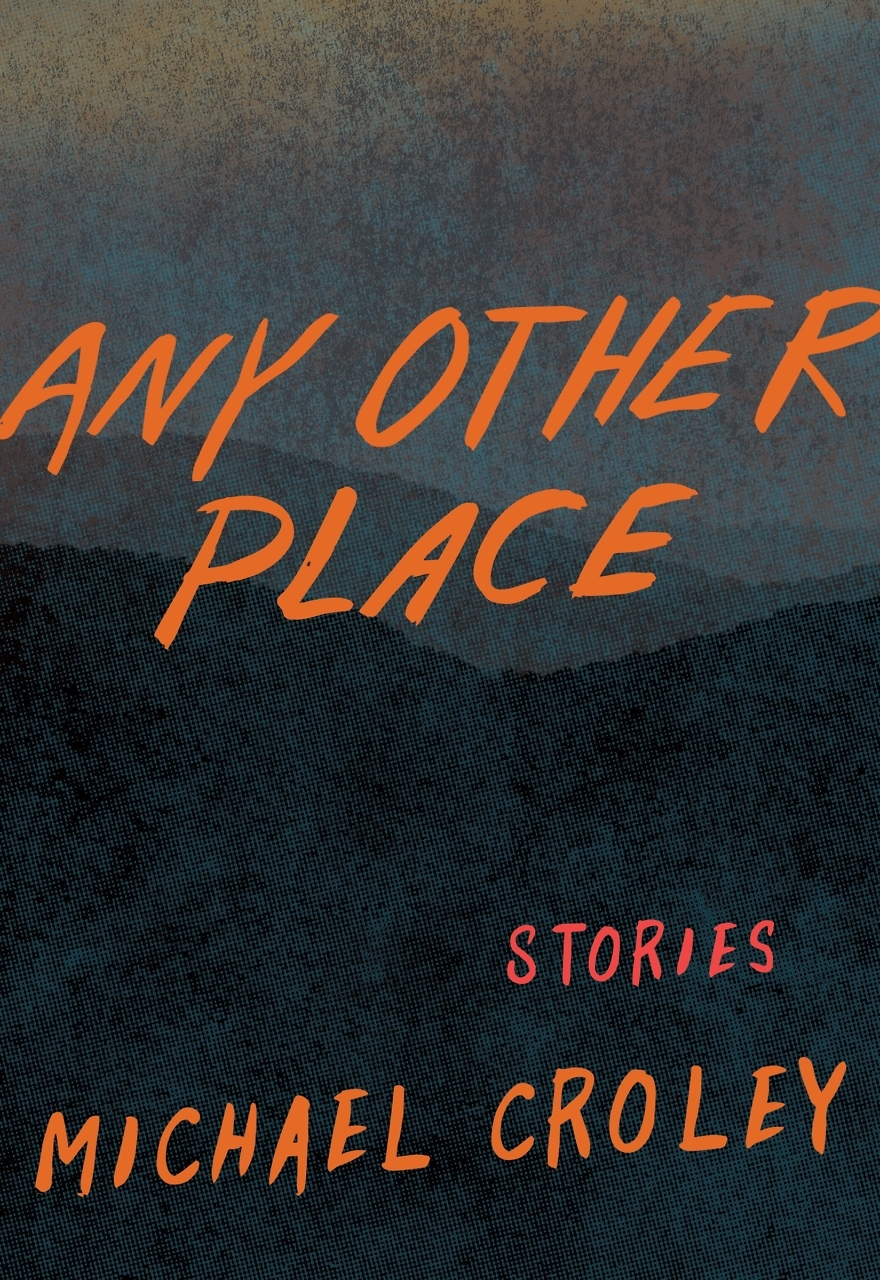The Greatest Miracle
Anne Lamott offers her signature musings on mercy
In her new book, Hallelujah Anyway: Rediscovering Mercy, Anne Lamott is on the same page as Shakespeare when it comes to mercy, believing that it “blesseth him that gives and him that takes” and, frankly, that we all need a lot more of it.
Hallelujah Anyway is divided into nine meditations on mercy: what it is, why it’s so difficult to give and to receive, what truly merciful behavior looks like, and why it’s important for mental and spiritual well-being. Lamott quotes famous poets, seekers, teachers, and mystics along the way and tells stories from her own life—of the suicide of a friend’s son, of her sometimes troubled relationship with her own son, and of the friend who supported Lamott’s sobriety only to lose her own. Woven throughout are Biblical stories of mercy—God’s forgiveness of the Ninevites, the Good Samaritan’s compassion for the waylaid Jew, Jesus’s treatment of the Woman at the Well.
Hallelujah Anyway opens with pragmatic advice from Old Testament prophet Micah: “What doth God require of thee but to do justice and to love mercy, and to walk humbly with thy God?” Why then, Lamott asks, do most people find it so difficult to “love” mercy—to extend forgiveness to themselves and others? She believes the problem lies in childhood traumas and fears: we reject mercy because we are taught early on that it makes us appear vulnerable and foolish, even weak. As a lighthearted example, she points to a New Yorker cartoon in which a dog says, “It’s not enough that we succeed. Cats must also fail.”
Lamott’s own problematic childhood taught her “certain pleasing skills that entertained, impressed, soothed, or distracted the grown-ups” and rewarded her for hiding her true feelings. For her, an unexpected bright spot in a mean-spirited world was reading: “Learning to read gave us a true oasis, salvation,” she writes. “Reading helped us get blissfully lost in resonant worlds where we could rest or gape or laugh with recognition, but then we looked up again, at the dinner table, or the blacktop, or church, and we couldn’t close the covers of those spooky books.”
Lamott has written extensively about her struggles with substance abuse and her conversion to Christianity, and she has found acceptance and grace in loving relationships with other struggling misfits: “Noticing, caring, accepting, helping, not running away. A person has committed to seeing us through, as we have committed to that person,” she writes. “This is absolutely the greatest miracle.” Lamott describes mercy as “a cloak that will wrap around you and protect you; it can block the terror, the dark and most terrifying aspects of your own true self.” The kindness and compassion of another human soul provides a safe sanctuary in which healing is possible.
As in her other spiritually-themed books, Lamott’s gift in Hallelujah Anyway is humor—she makes readers comfortable by offering variations on the same confession: I’m just like you, or perhaps just a bit worse: let’s talk. And her self-deprecating storytelling and open-hearted honesty give her voice a bite often missing from popular Christian nonfiction. Whether recounting a visit to an upscale clothing store and the existential angst that ensues or the moving experience of reading a poem in a lecture hall in Hiroshima, Lamott’s point of view is completely and compellingly her own.
Lamott makes it clear that she has been the recipient of profound mercy in her own life and that she remains amazed by the experience: “There are so many ways for a life to go bad, for a person to end up permanently isolated, thwarted, blaming. I had genetic and cultural preconditions for just such a life. But instead … I found an off-the-beaten-track means to a redeemed life, with friends whose love saves me. The odds were so against it that I can only call it mercy.”

A graduate of Auburn University, Tina Chambers has worked as a technical editor at an engineering firm and as an editorial assistant at Peachtree Publishers, where she worked on books by Erskine Caldwell, Will Campbell, and Ferrol Sams, to name a few. She lives in Chattanooga.


